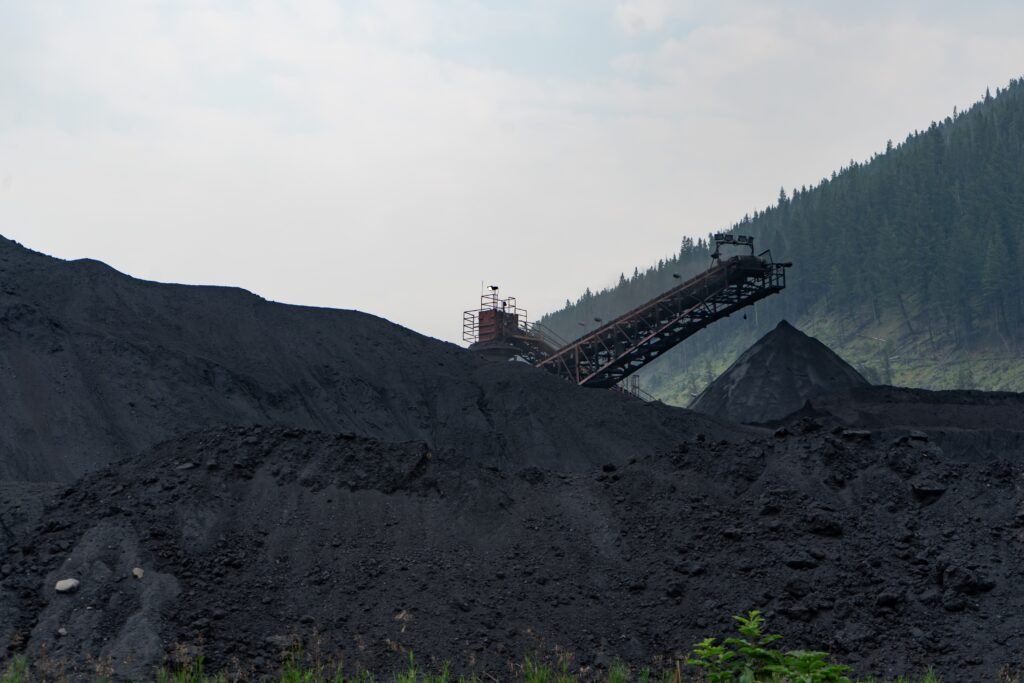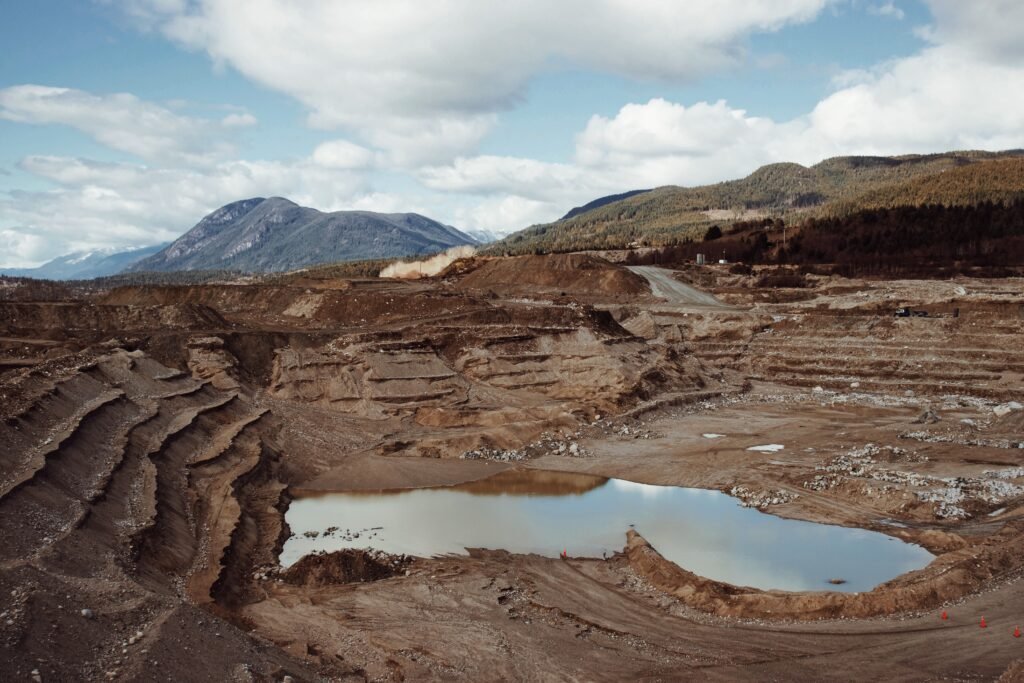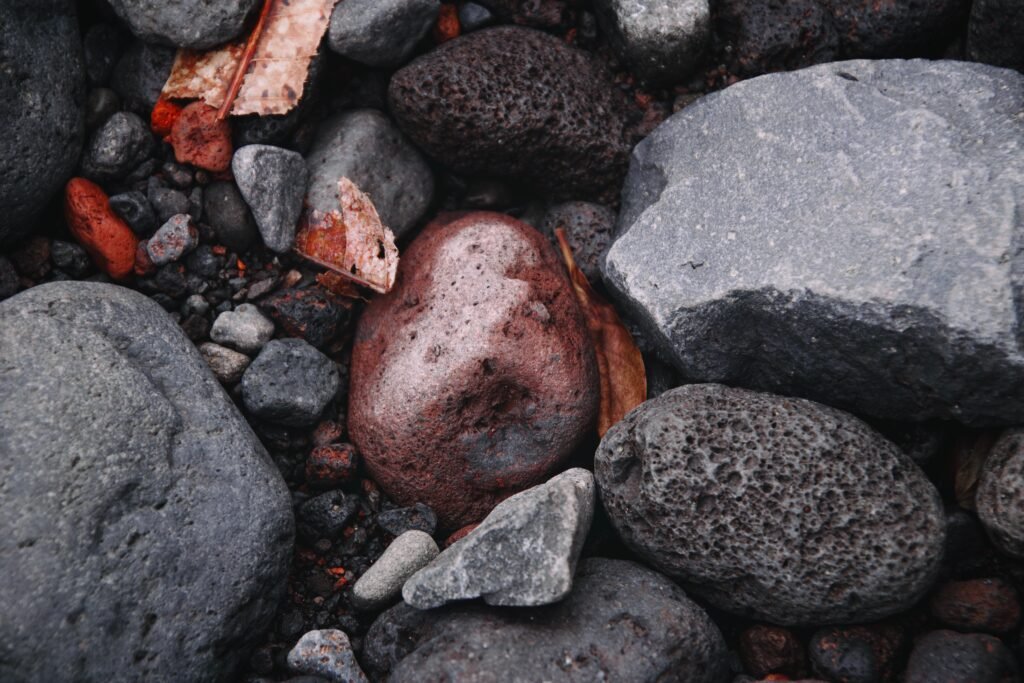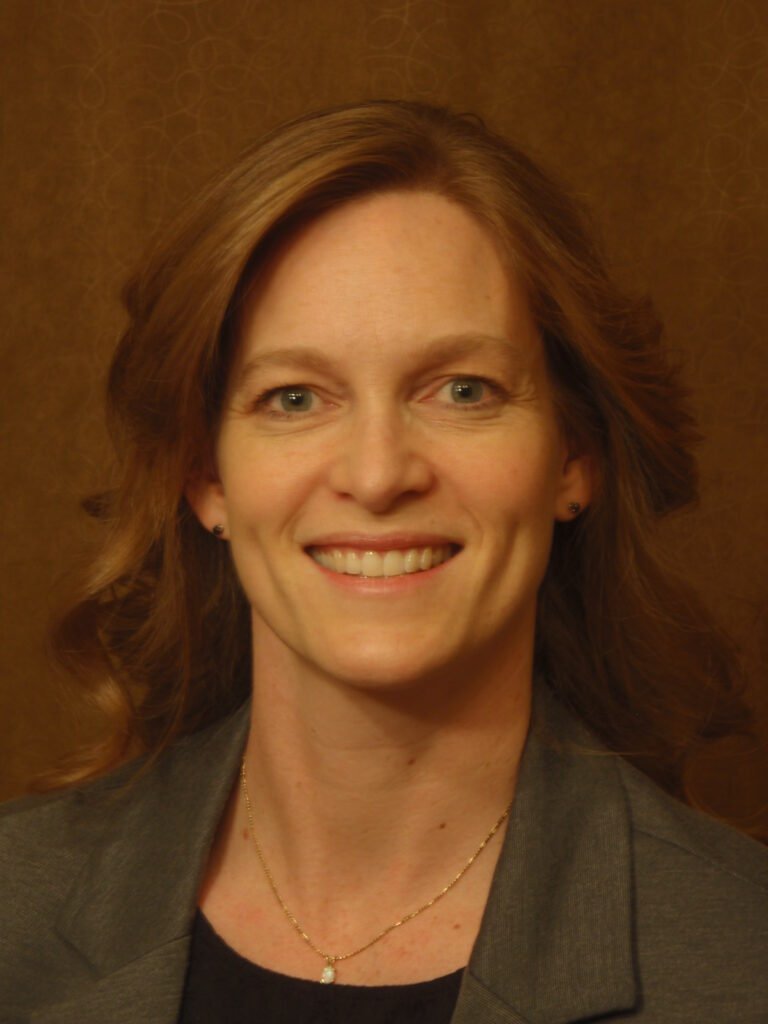In ancient Greek mythology, Sisyphus is known as the guy destined to push a rock up a mountain for all of eternity, with the rock rolling back to the bottom of the hill each time. For those that do not know the rest of the story, King Sisyphus was a mortal man, known for his arrogance. He made demands of the gods, claiming that his feats as a mortal made him worthy of becoming a god. He claimed he deserved, even demanded, that the gods grant him immortality. The Greek gods were ever obliging but in their twisted way, their gifts were rarely without a price. It is thought that the gods responded to King Sisyphus’ arrogance by rewarding him with a lesson in humility. This story of incessant effort with no reward is often used as a metaphor for our daily slog – wake up, go to work, put in your hours, come home, go to sleep and do it all over again tomorrow. If this is what you are doing, you are not living a fulfilling career. You are merely collecting a pay cheque. It shouldn’t be that way!

After over twenty years practicing as a geoscientist, I often get questions about what I like about my profession and what keeps me engaged. Indefinitely, my answer revolves around lifelong learning. I’ve seen a lot of change in the industry over my time. When I started in the industry, I thought it was about soil, rocks, water and their interactions with contaminants. Since that time, I’ve learned that a career in environmental consulting is about much more than the physical matrices we assess. I’ve learned about various site characterization and remediation technologies, human health and ecological risk assessment, ecological considerations, environmental liability and legal considerations. I’ve seen regulation changes that made previously ‘clean’ sites contaminated once more. I’ve even seen the evolution of methods to deal with contaminants of concern that had not even been identified when I first started practicing.

Over the years, I’ve learned invaluable lessons about health and safety, professional ethics, client satisfaction and staff motivation. Some lessons were not necessarily by choice, like experiencing the look of disdain on the face of a driller’s helper that I sent home because he showed up at the drill site in running shoes or experiencing the gut-wrenching feeling of shutting down a job site after hitting a buried line after the public utility locator rushed and missed a traffic line. Other lessons are earned, like the understanding of how different contaminant plumes migrate and the telling evidence to suggest a commingled plume. And some lessons come from investing 10,000 hours in listening to client needs and learning how to tailor the products we provide to satisfy project specific objectives.

One of the most fulfilling aspects of my profession is passing those lessons on to the next generation of professionals: explaining the importance of listening to clients and hearing what drives their decisions. Is it fear of a health and safety incident or fear of a financial audit? Or is their priority protecting site aesthetics like a showcased tulip garden at a public park or avoiding disruptions to site operations like a profitable coffee drive through at a gas station. Or teaching reporting staff that how we present results can be as important as the actual results. I had a tough lesson very early in my career that always stuck with me. A reporter from a small town newspaper took a sentence from my publicly accessible environmental report and presented it out of context. It left me keenly aware of the importance of making every sentence count. I am immensely proud to know that young professionals that I have mentored over my career are now found throughout our industry in regulatory positions.

In my career, I’ve been blessed with daily challenges and opportunities for problem solving. I once visited a job site to perform a safety observation on field staff. Instead, we spent most of our time troubleshooting our drilling location as site logistics wouldn’t allow us to place the borehole where we needed to characterize soil contamination. Sitting in the van after finding a workable solution, he asked me “Have you ever had a job run exactly as planned?” I searched my memory bank and came up with nothing. Consulting is an industry of thinking on our feet and managing change. That same individual from the van left me thoroughly impressed when he applied his determination to a monitoring site where we had “lost” a well for several monitoring events. Other monitoring teams had been to the site and reported back that they couldn’t find the well based on the measurements provided. I remember the look on that determined individual’s face when he said “I saw that well before. I know I can find it.” And he did! It had incorrectly been recorded relative to two adjacent survey pins; when he shifted his search to the next set of pins, the well was at the exact measurements provided on the figure. I find I have met the most interesting people over the years because consulting attracts people that thrive in an environment of discovery and change. For my part, I have never shied away from accepting those opportunities.
I’ve learned that geoscience is more than geology. You need to be part historian and part detective to piece together a complete conceptual site model. You need to be part interpreter and part politician to bring the right group of technical experts to the table to collaborate on multidisciplinary projects. Any environmental consultant will tell you that there is never a dull moment. We are masters in logistics and contingency planning. If your day to day feels like you are merely punching a time clock, perhaps you are not listening to what the universe is offering.
So back to the guy with the rock. There is an alternate theory to explain the lesson the Greek gods had for King Sissyphus. In this alternate telling, if Sissyphus grabs a rock from the top of the mountain each time he rolls the rock to its peak and brings that rock down to the bottom with him, over the course of time, he will move a mountain. And only gods are capable of such a feat! Such is the same in the day to day of your career. Each day, each week, each year – we have the ability to explore new concepts, to learn new skills and take on new challenges. The key is to pay attention!
So, when you start each day, ask yourself:
“What rock do I plan to pick up today?”
We have got mountains to move!


Melanie Siewert, P.Geo.(Limited) has nearly 25 years providing environmental consulting services. She has led environmental site assessments at hundreds of contaminated sites across Canada and has managed large client portfolios for public and private clients. She has practiced as a Professional Geoscientist since 2009 and is currently the President of the Professional Geoscientists of Ontario. When she is not practicing geoscience, Melanie spends most of her free time rowing on the Ottawa River. In the winter, when the river is frozen, she spends quality time with her rowing machine which she has affectionately named “Sisyphus’ Mountain”.

